Travel exposes people to other ways of life and it also has a funny way of helping people better understand the place they just left. Jaylen Brown, the 21-year-old rising star for the Boston Celtics, recently sat down with British reporter Donald McRae from The Guardian for a discussion on race and sports. After the interview, McRae referred to Brown as “the most intelligent young athlete I’ve interviewed in years.”
The Celtics went to London to face the Philadelphia 76ers at The O2 arena on Jan. 11.
McRae asked Brown his feelings about the current state of race in America and he responded by paraphrasing the David Foster Wallace “This Is Water” essay. “We’ve got two young fish swimming one way and an older fish swimming the other way,” Brown said. “They cross paths and the older fish says: ‘What’s up guys, how’s the water?’ The two younger fish turn around and look back at the wiser fish and ask: ‘What’s water?’ They’ve never recognized that this is what they actually live in. So it takes somebody special like Martin Luther King to see past what you’ve been embedded in your whole life.”
Brown, who is from Marietta, Georgia, was no stranger to overt racism growing up in the South. “I’ve experienced it through basketball. I’ve had people call me the n-word. I’ve had people come to basketball games dressed in monkey suits with a jersey on. I’ve had people paint their face black at my games. I’ve had people throw bananas in the stands,” he revealed. Brown also believes that American racial progress has been slowed by the election of Trump. “You have less people coming to your face and telling you certain things. But Trump has made it a lot more acceptable for racists to speak their minds,” Brown said.
As an athlete who has no problem speaking out about politics and injustice, Brown believes Colin Kaepernick’s protests were a powerful way to confront systemic racism. “It was peaceful and successful. It made people think. It made people angry. It made people want to talk,” Brown told The Guardian. “Often everybody is comfortable with their role in life and they forget about the people who are uncomfortable. So for Colin to put his career on the line, and sacrifice himself, was amazing,”







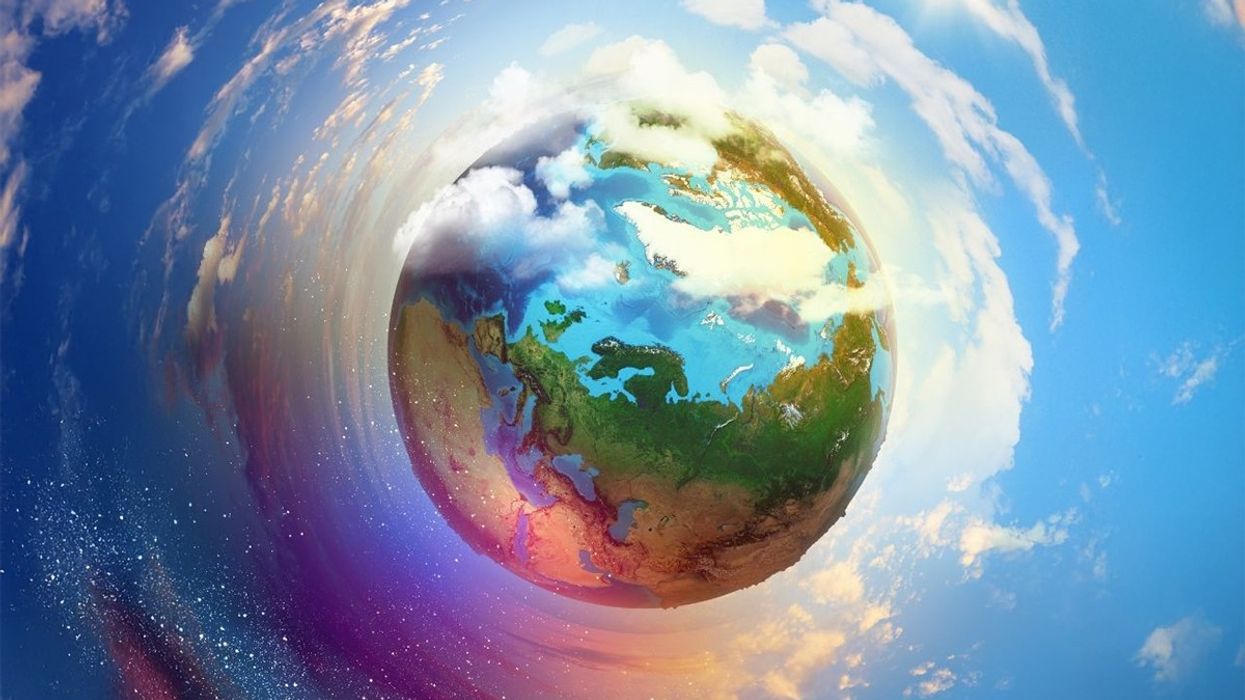
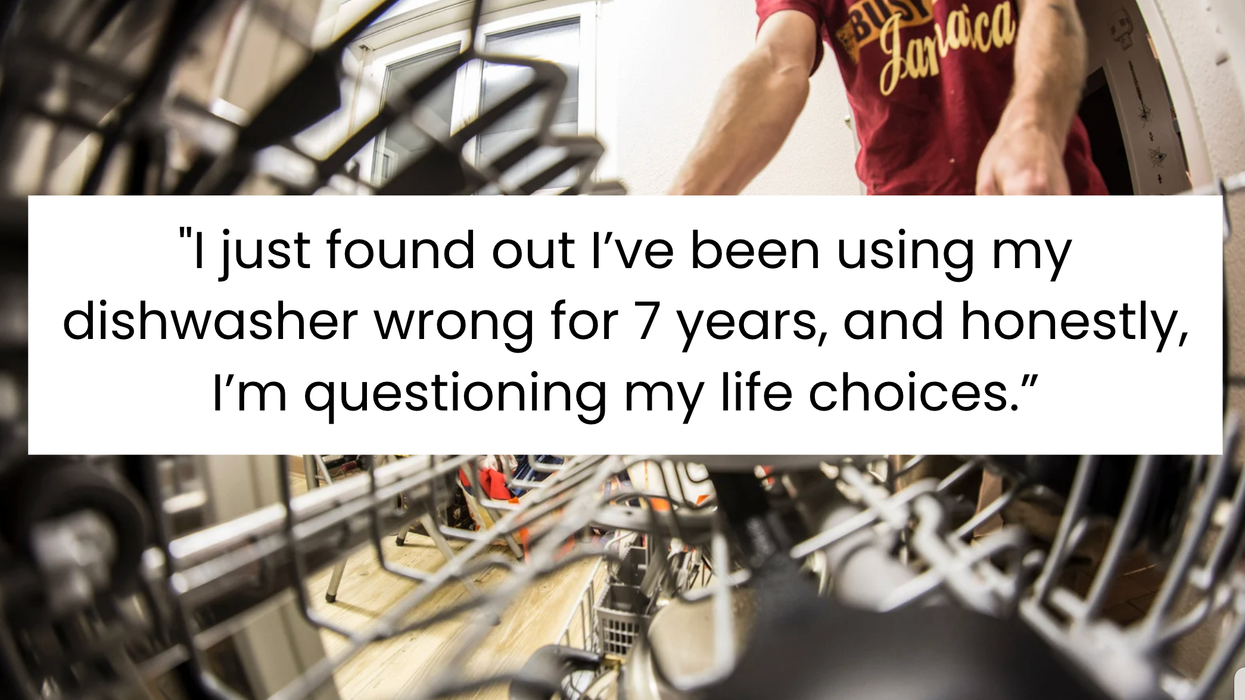
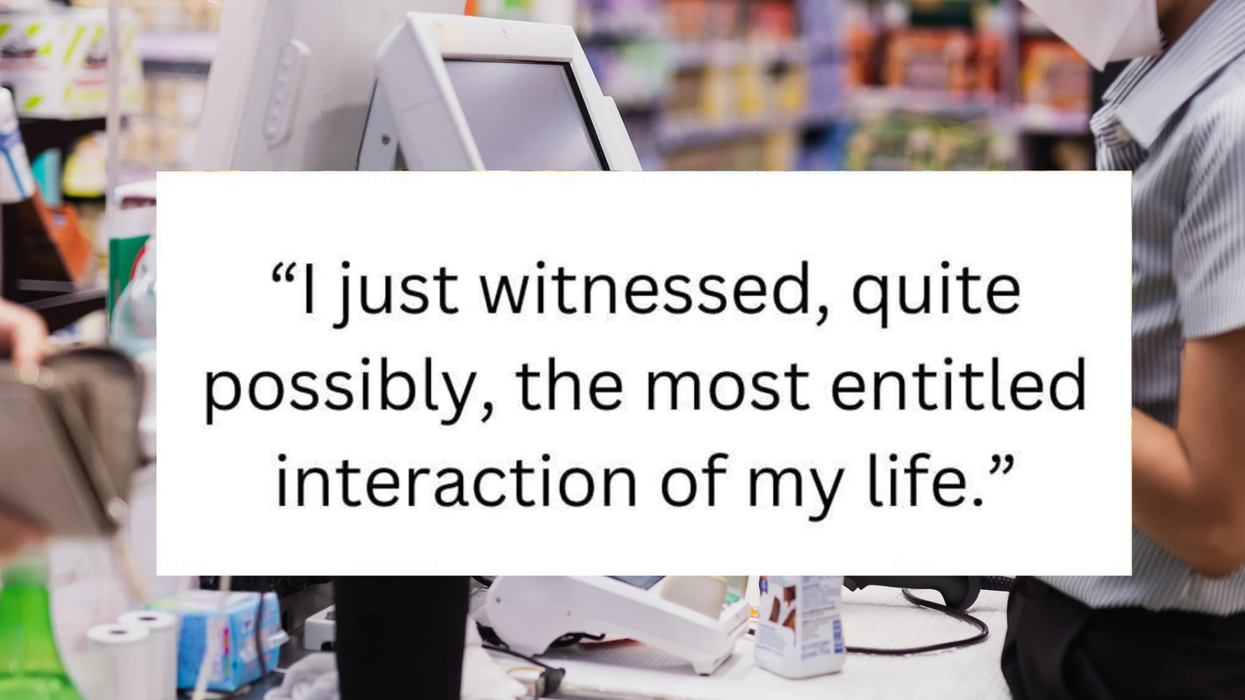



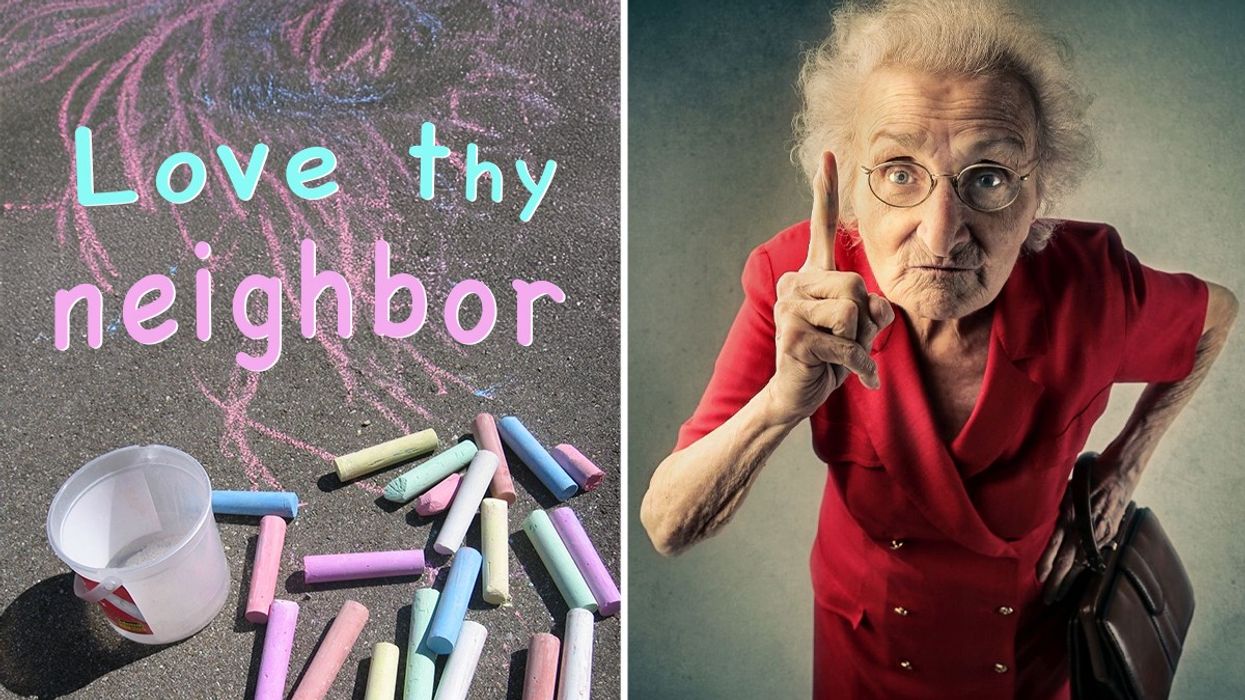
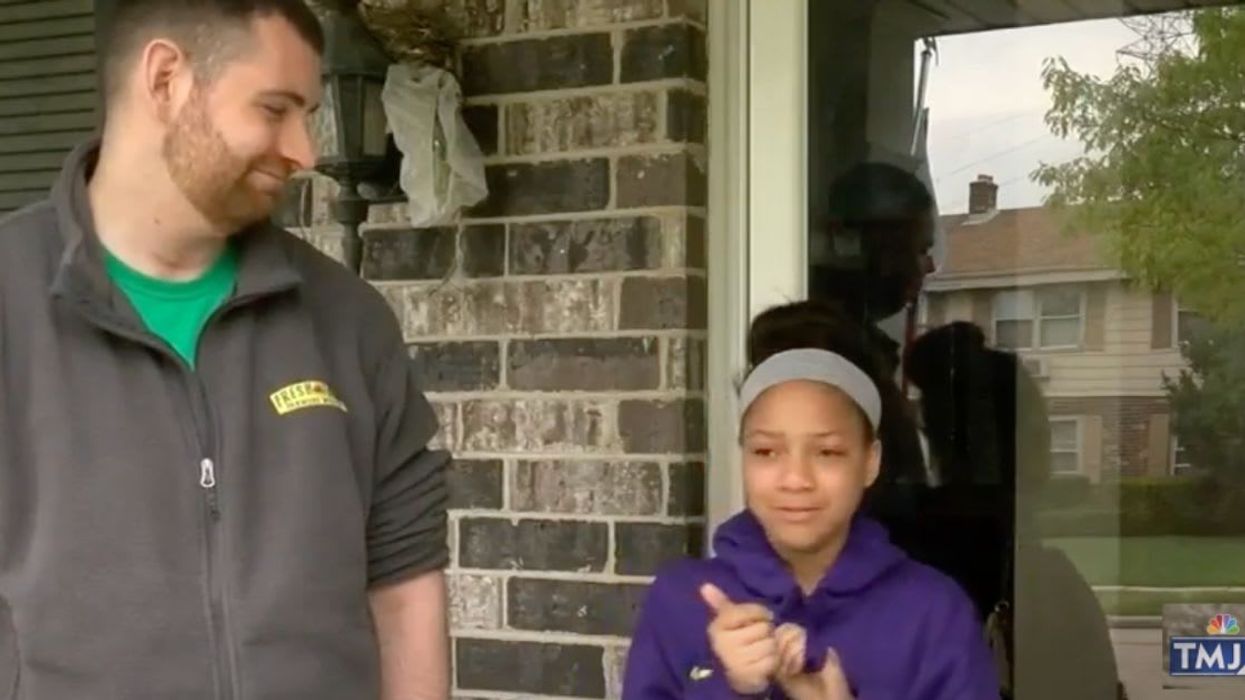


 Representative Image: Flying with children can be challenging.
Representative Image: Flying with children can be challenging.  The seats in question.
The seats in question.  Representative Image: Expecting seats you didn't book is a bold move.
Representative Image: Expecting seats you didn't book is a bold move. 

 Representative Image: The gear wasn't theirs to keep.
Representative Image: The gear wasn't theirs to keep.  Representative Image: And their studio shrank two sizes that day.
Representative Image: And their studio shrank two sizes that day.  Representative Image: Last moments with the gear.
Representative Image: Last moments with the gear.


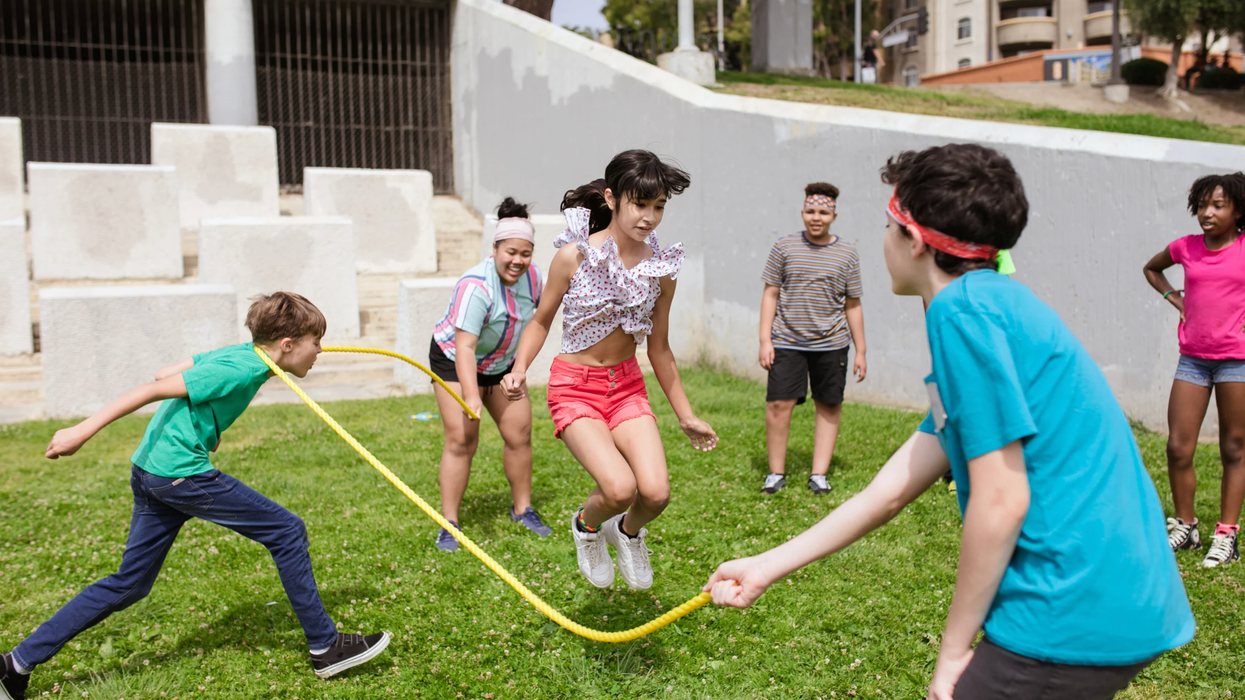
 Kids play soccer outsideCanva
Kids play soccer outsideCanva An angry neighbor knocks on a doorCanva
An angry neighbor knocks on a doorCanva  Kid sprayed with water hose while playing in the backyardCanva
Kid sprayed with water hose while playing in the backyardCanva Suspicious gif
Suspicious gif 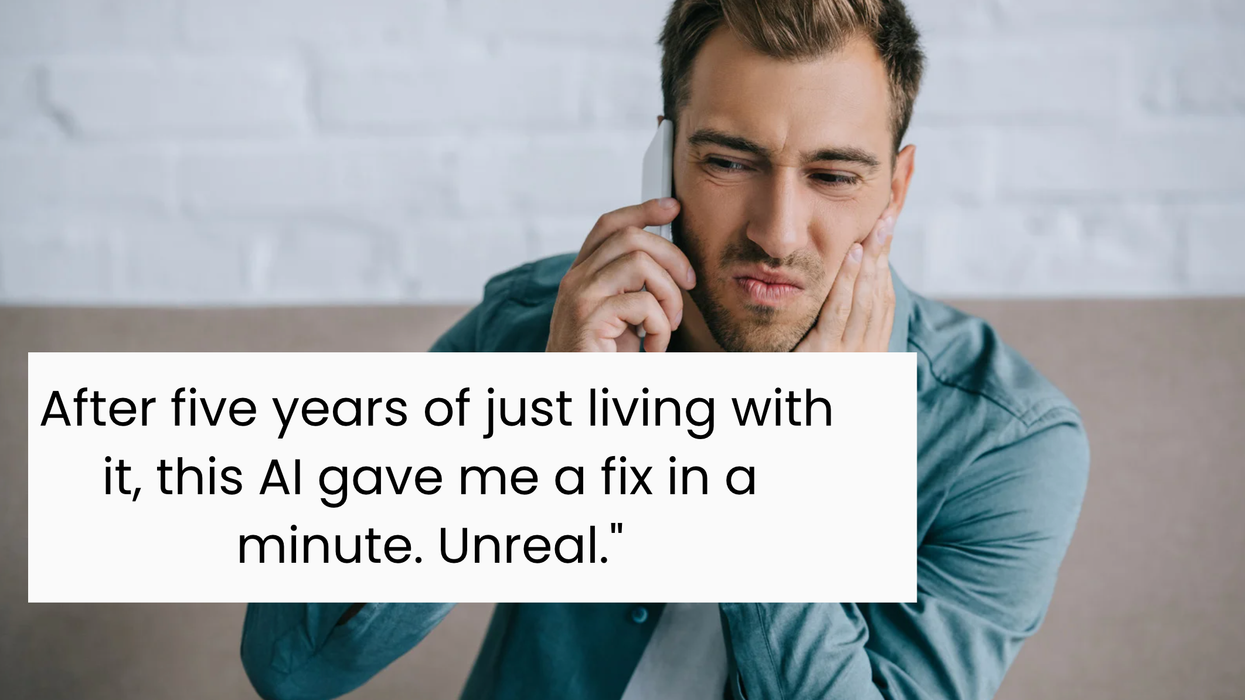
 Man finches from pain while rubbing his jawCanva
Man finches from pain while rubbing his jawCanva  A doctor holds a skullCanva
A doctor holds a skullCanva  Hands massage a woman's jaw.Canva
Hands massage a woman's jaw.Canva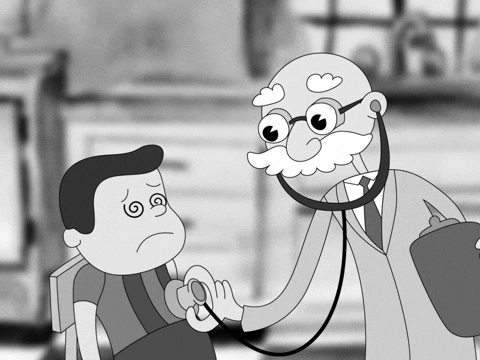 Gif of a human doctor checking a patient
Gif of a human doctor checking a patient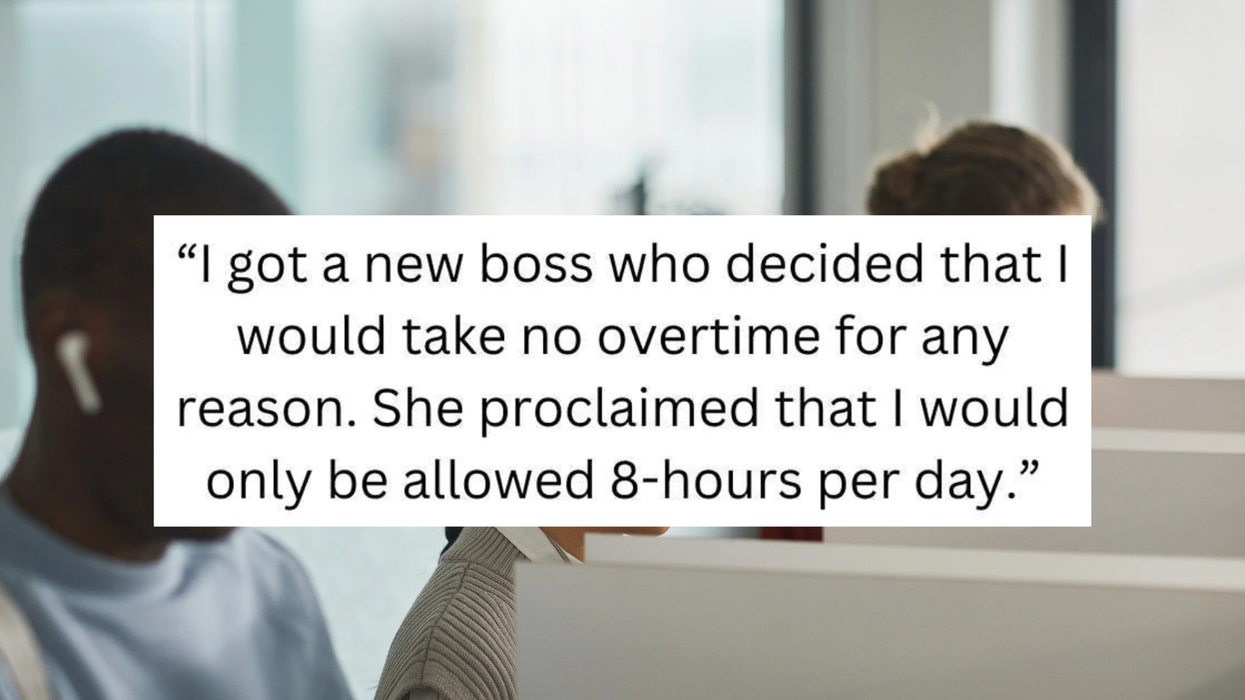
 A boos speaks with his staffCanva
A boos speaks with his staffCanva An empty cubicleCanva
An empty cubicleCanva A weekly timesheetCanva
A weekly timesheetCanva